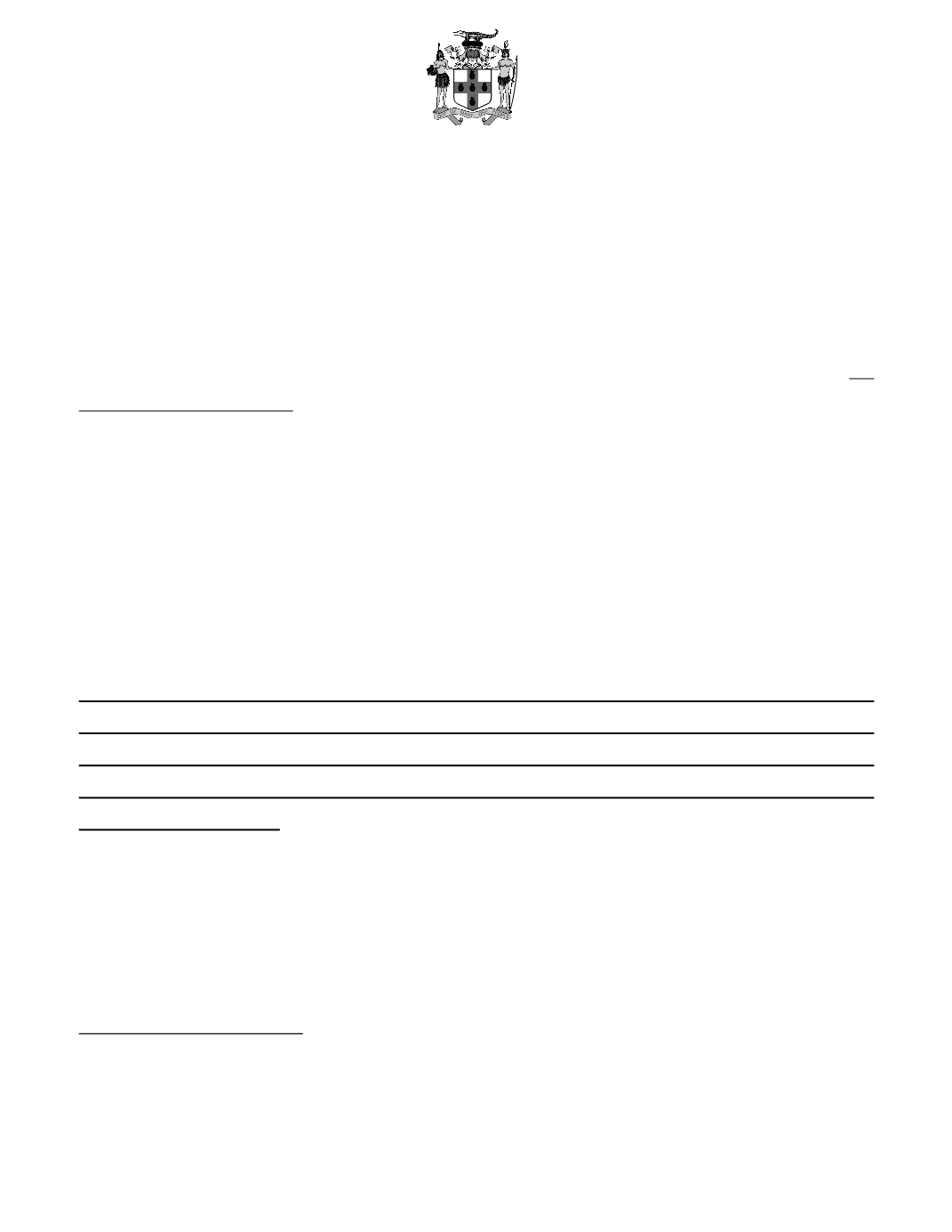

_____________________________________________________________________________________________________
Page
310
of
554
St. Ann Municipal Corporation Office of the Contractor General November 2017
Perverting the Course of Justice
In accordance with common law principles, the offence of perverting the course of justice is committed
when a person does an act tending and intending to pervert the course of public justice.
140
It can further be
argued that Mr. Lake, may not have only hindered the investigation of the Contractor General but that he
may also be guilty of perverting the course of justice. One may argue that such cases may involve the use
of bribes and threats and the OCG has seen no evidence of same in the instant case of Mr. Lake and his
alleged interactions with Mrs. McDonald. However, one can examine the facts outlined in the case of
R v
Toney; R v Ali (Tanveer)
141
where the defendant's brother attempted to persuade a witness not to give
evidence against the defendant. There was no evidence of a bribe, threat, undue pressure or other unlawful
means used against the witness. The witness duly gave evidence and the appellant's brother was
convicted. The appellant was subsequently charged with and convicted of doing an act tending and
intended to pervert the course of justice. On appeal, it was contended that since he had not used bribery,
force or the threat of force, he had not used an unlawful means which was an essential ingredient for the
commission of the offence. The issue to be determined in this case was whether evidence of unlawful
means was an essential ingredient of the offence of perverting the course of justice.
It was held that the offence of perverting the course of justice by interfering with a potential witness
could be committed where there was no evidence of any bribe, threat, undue pressure or other
unlawful means, since, notwithstanding the fact that in the great majority of cases the actus reus
would be accompanied by such unlawful means, the use of unlawful means was not an essential
ingredient of the offence.
It followed that, since there was ample evidence on which the jury could find
that the appellant's intention was to pervert the course of justice by persuading the witness to change his
evidence, the appeal would be dismissed.
The OCG must also highlight, at this juncture, that subsequent to Mrs. Joan McDonald’s appearance
before the Contractor General on July 15, 2015 and her tendering of the documents which were labelled
140
R v Williams
92 Cr App R 158, [1991] Crim LR 205, CA.
141
[1993] 2 All ER 409














